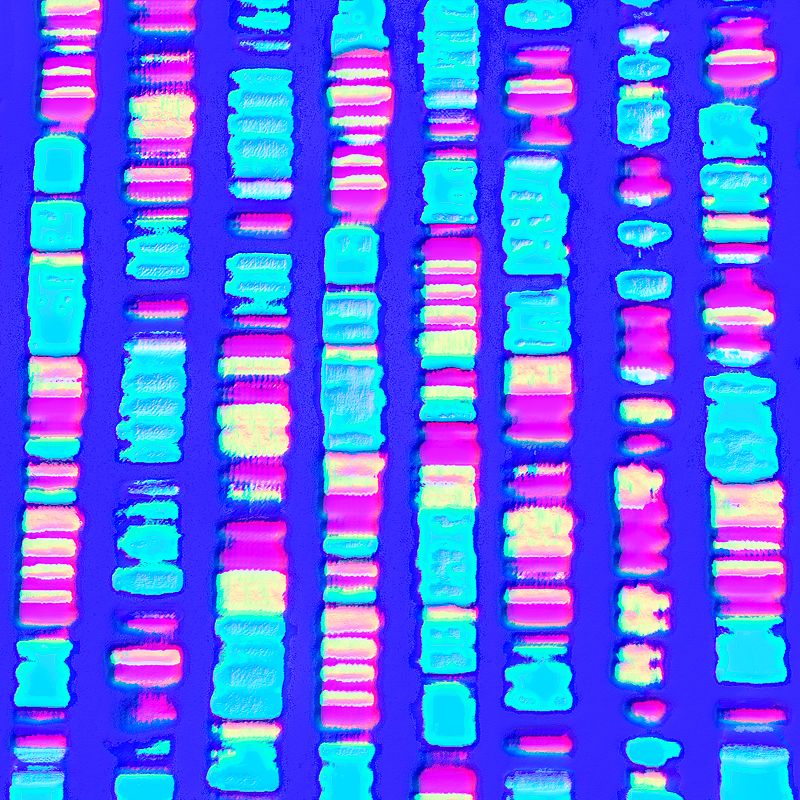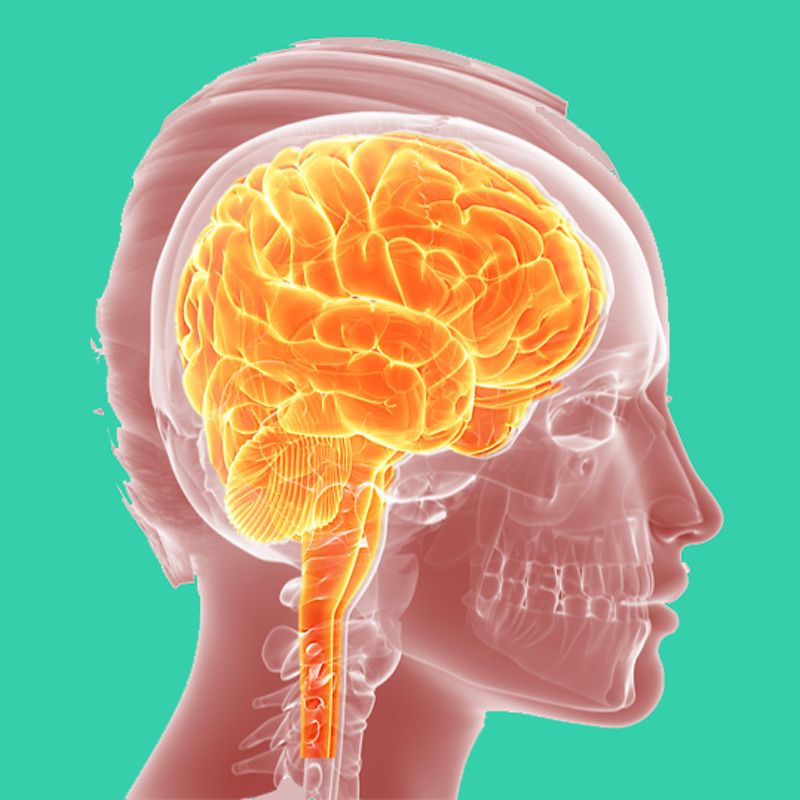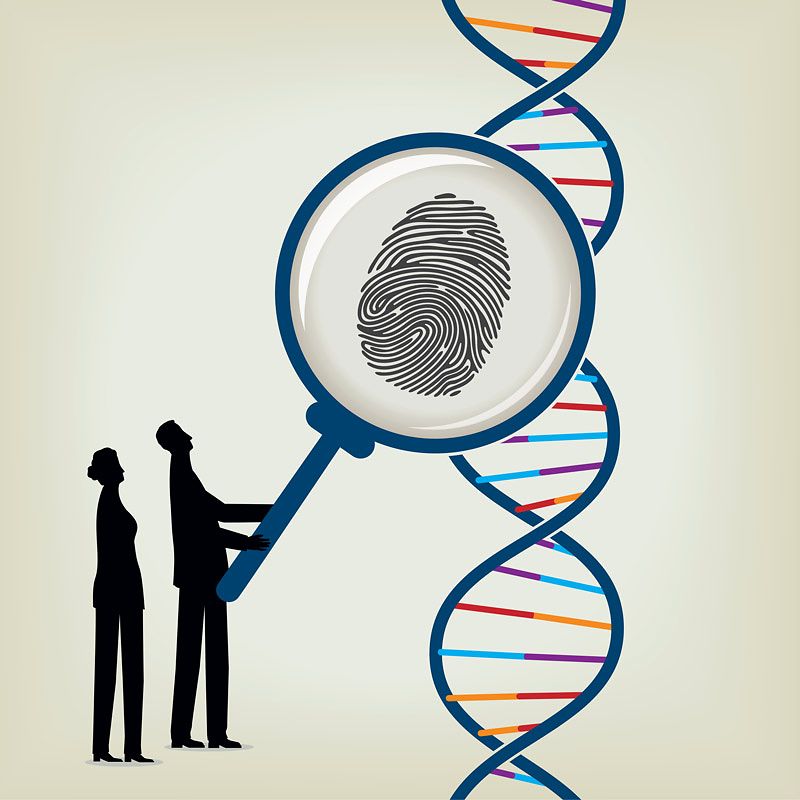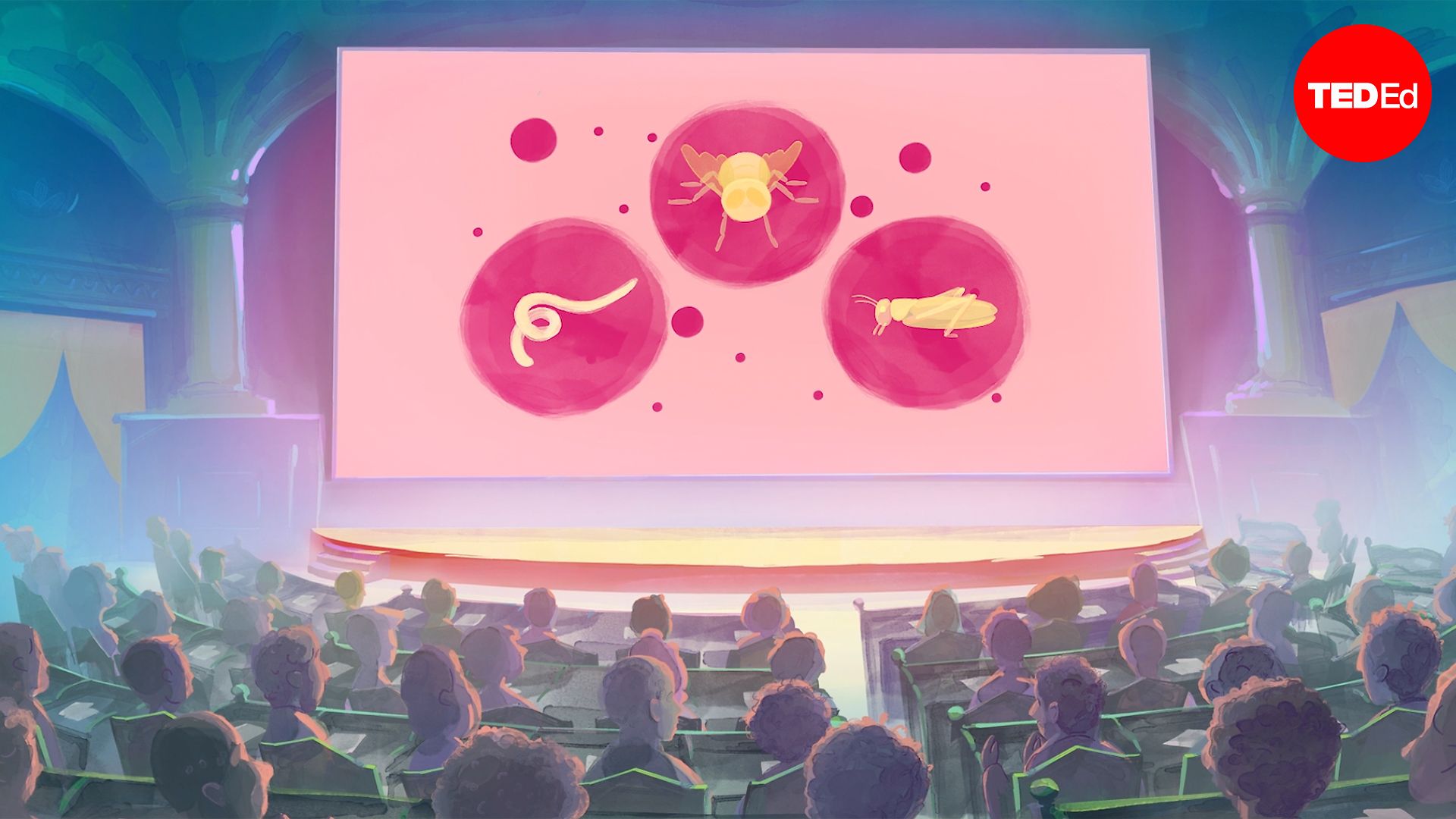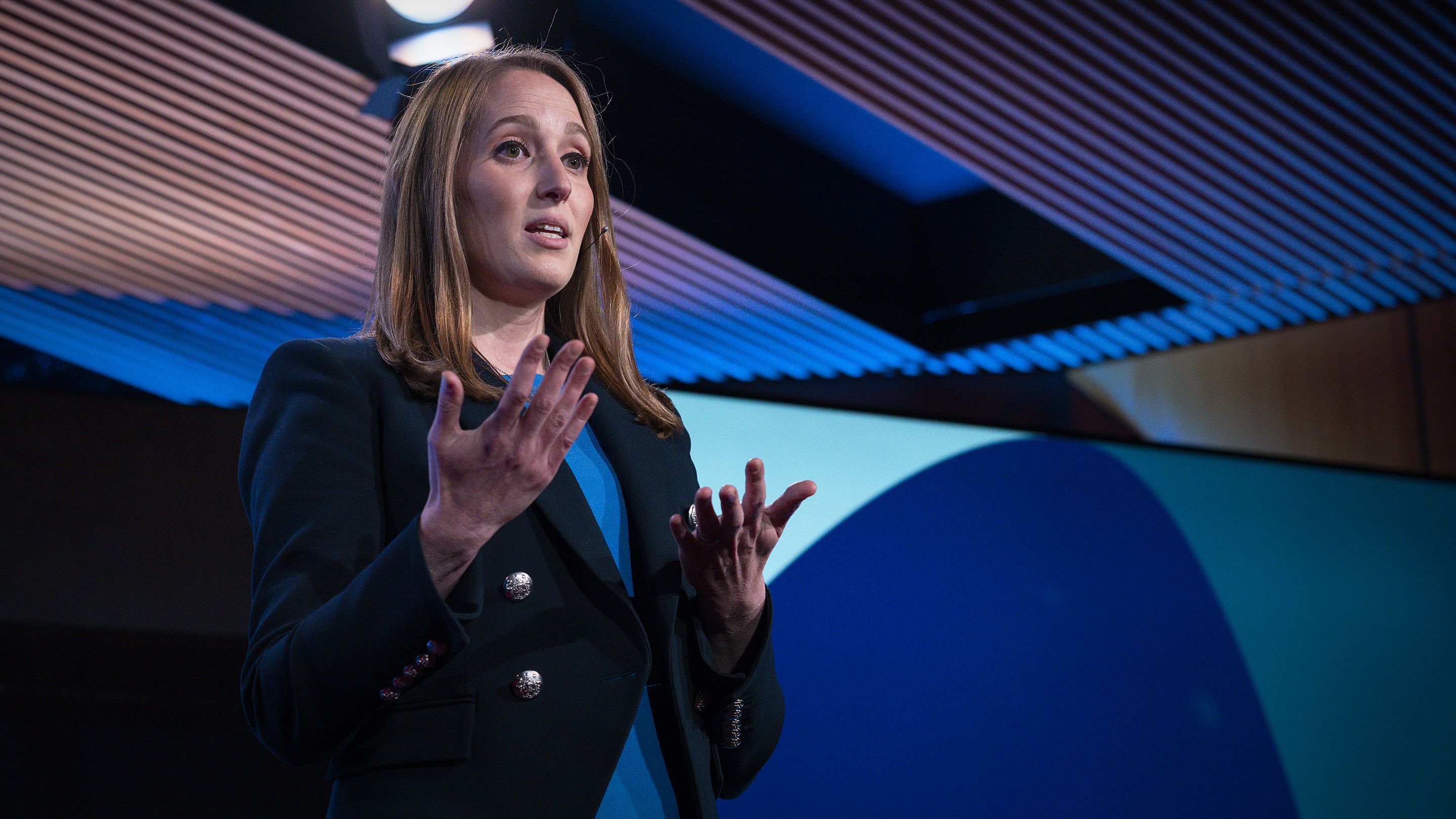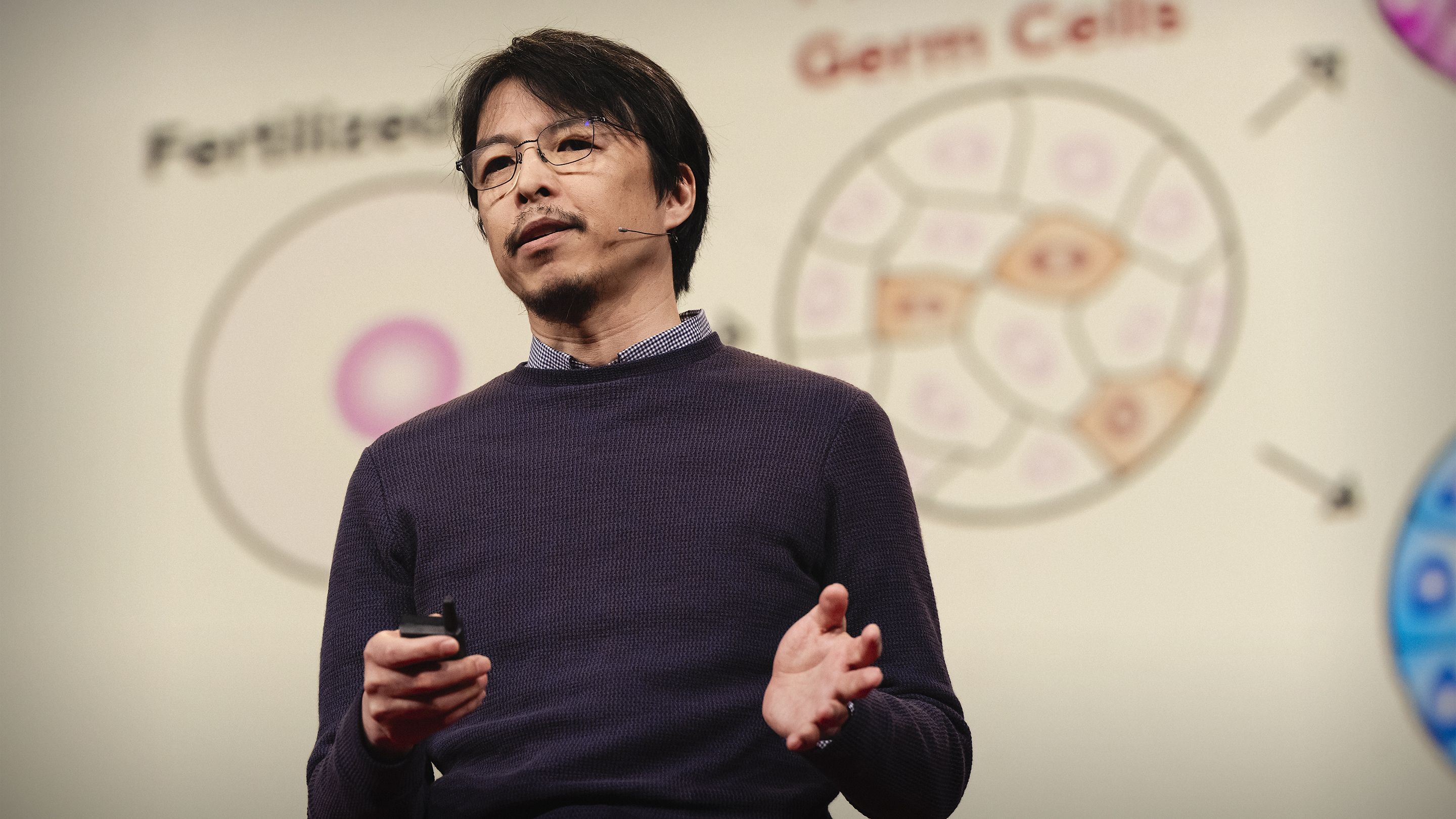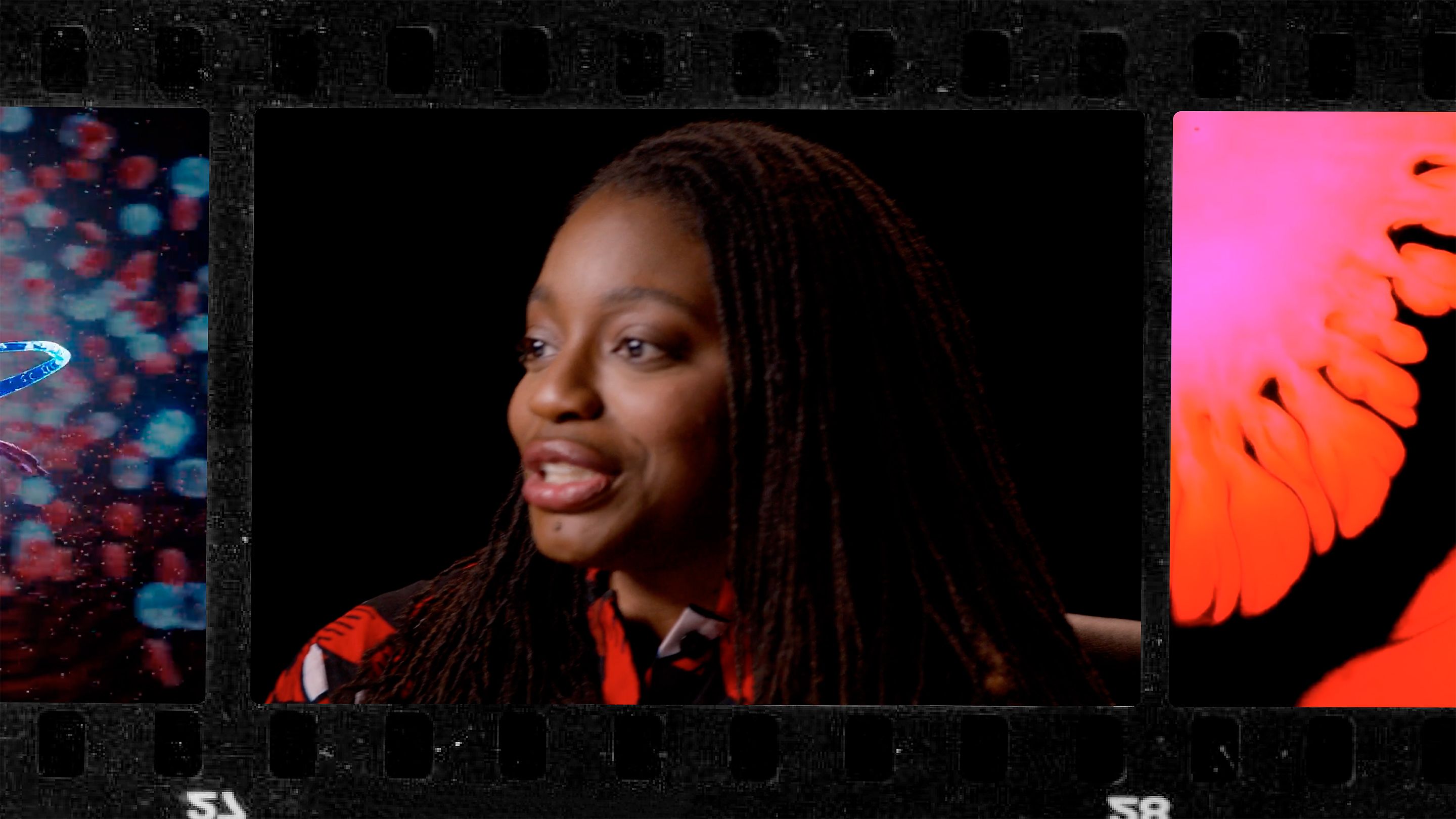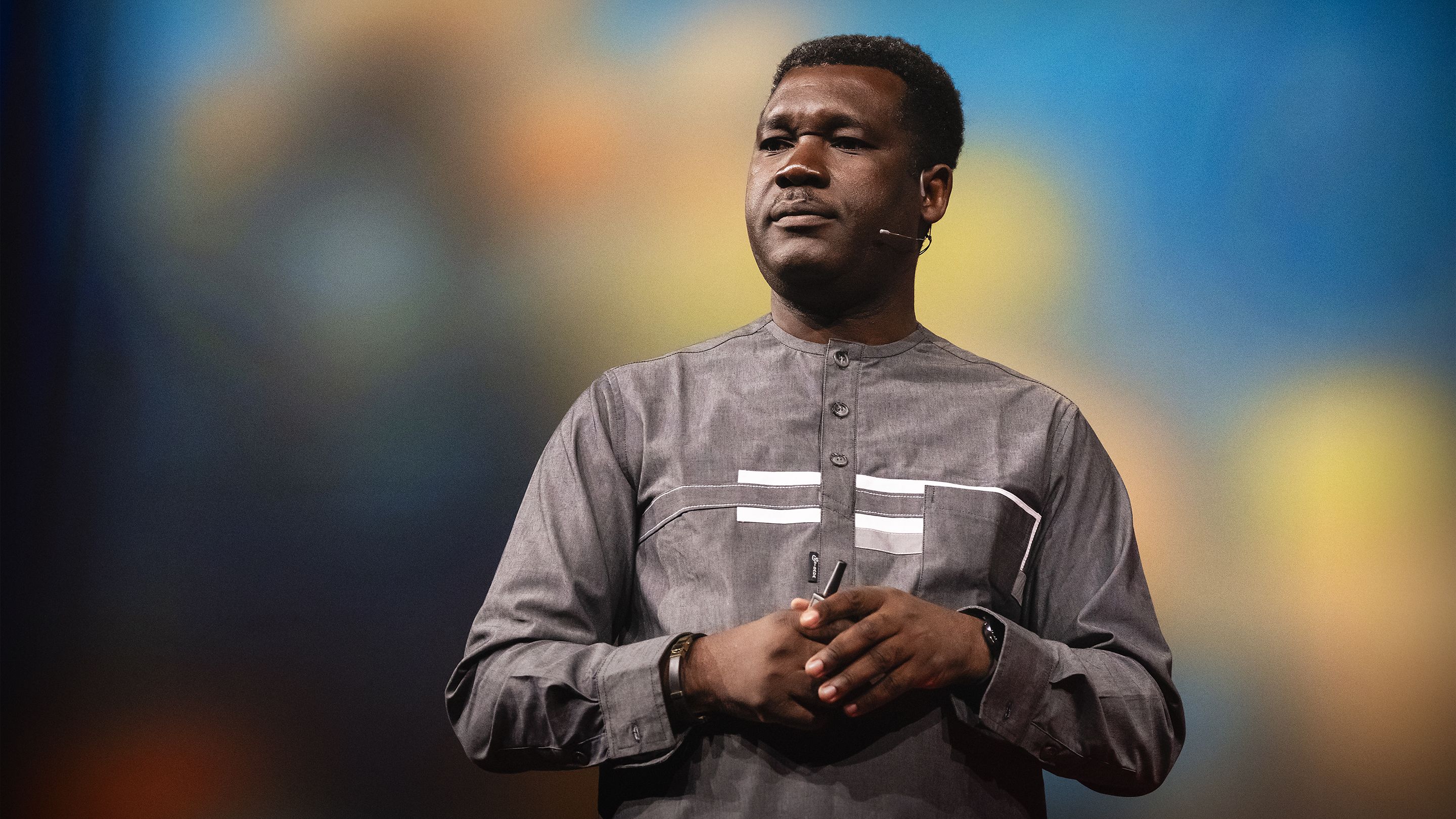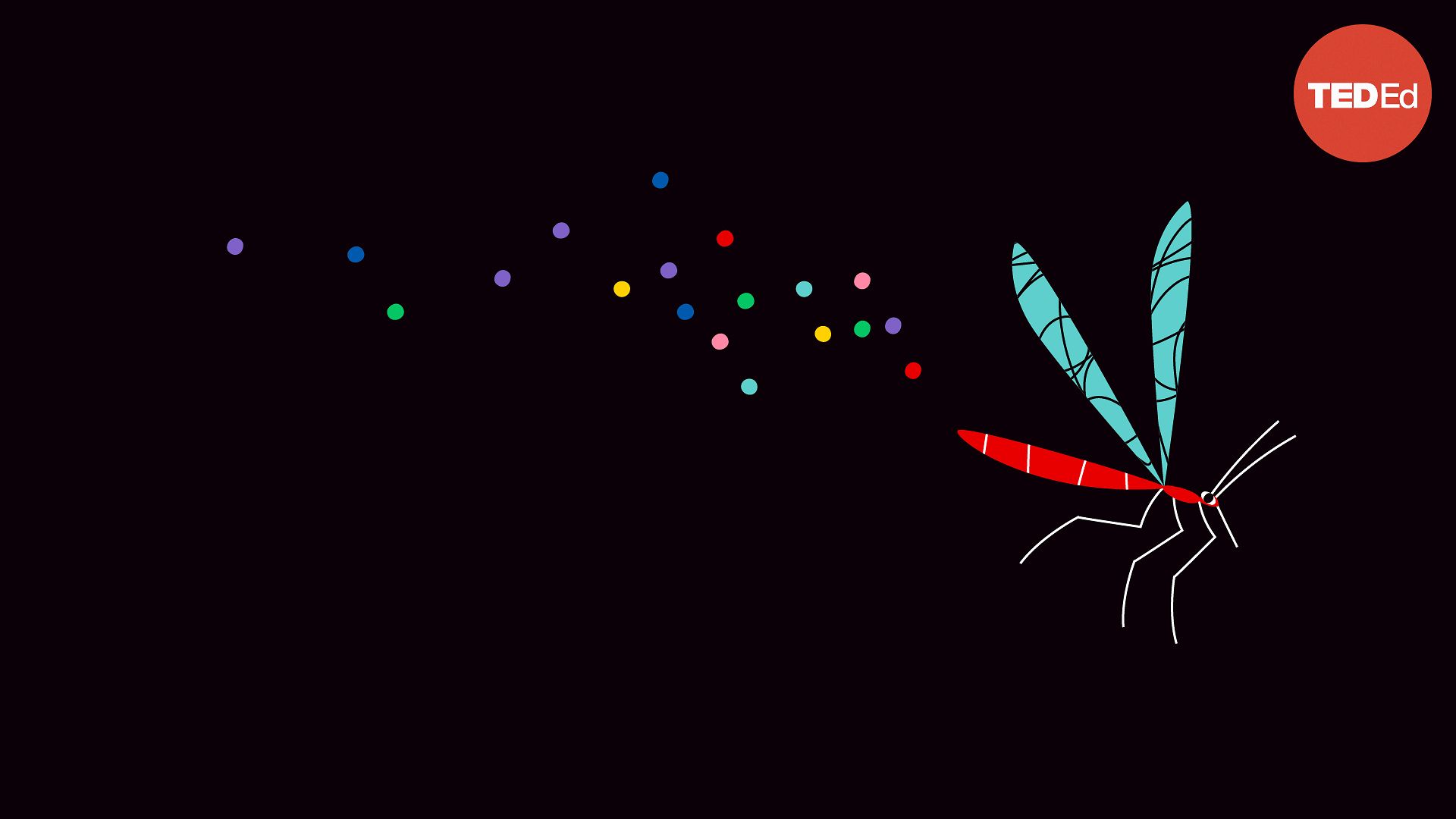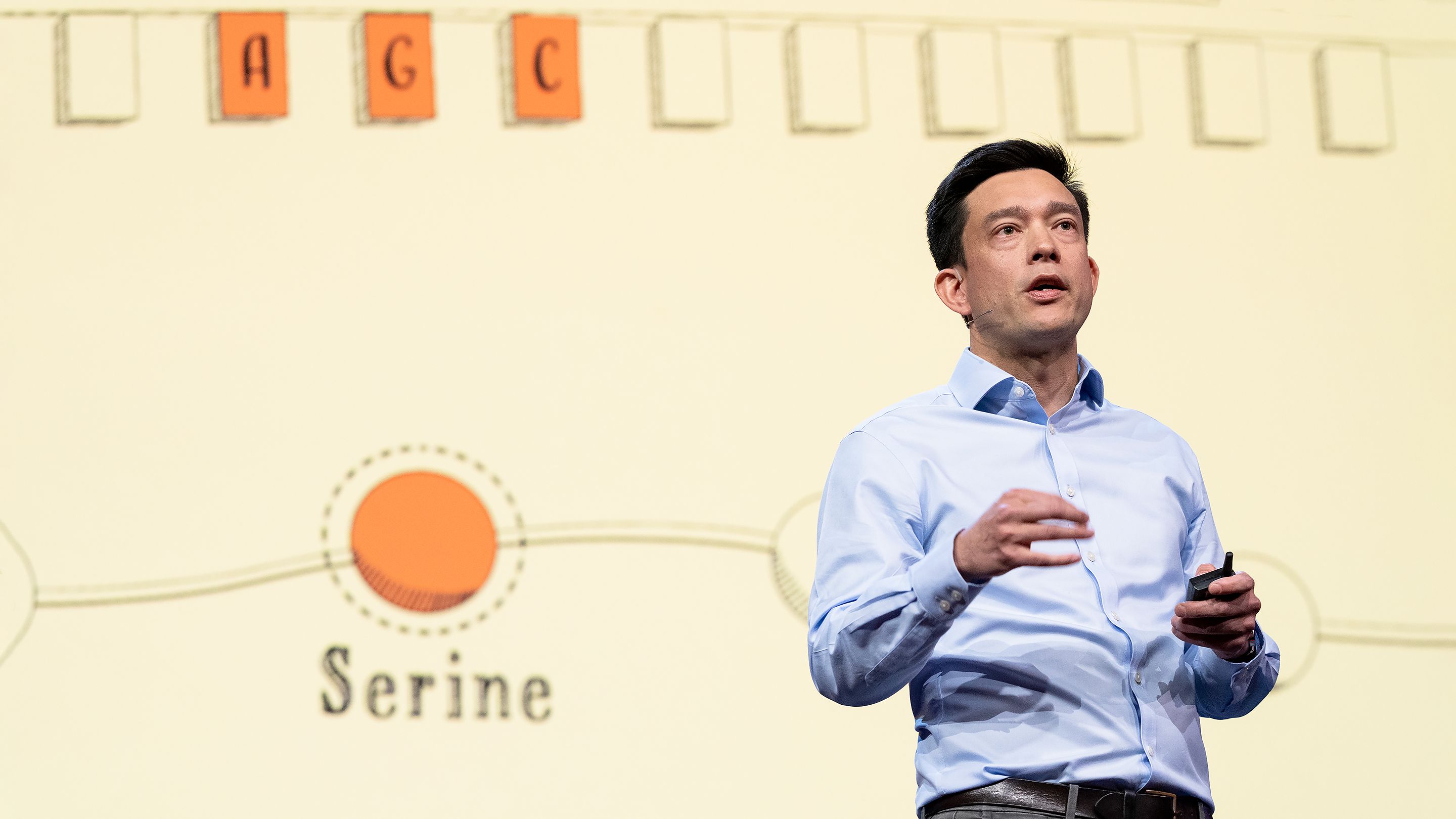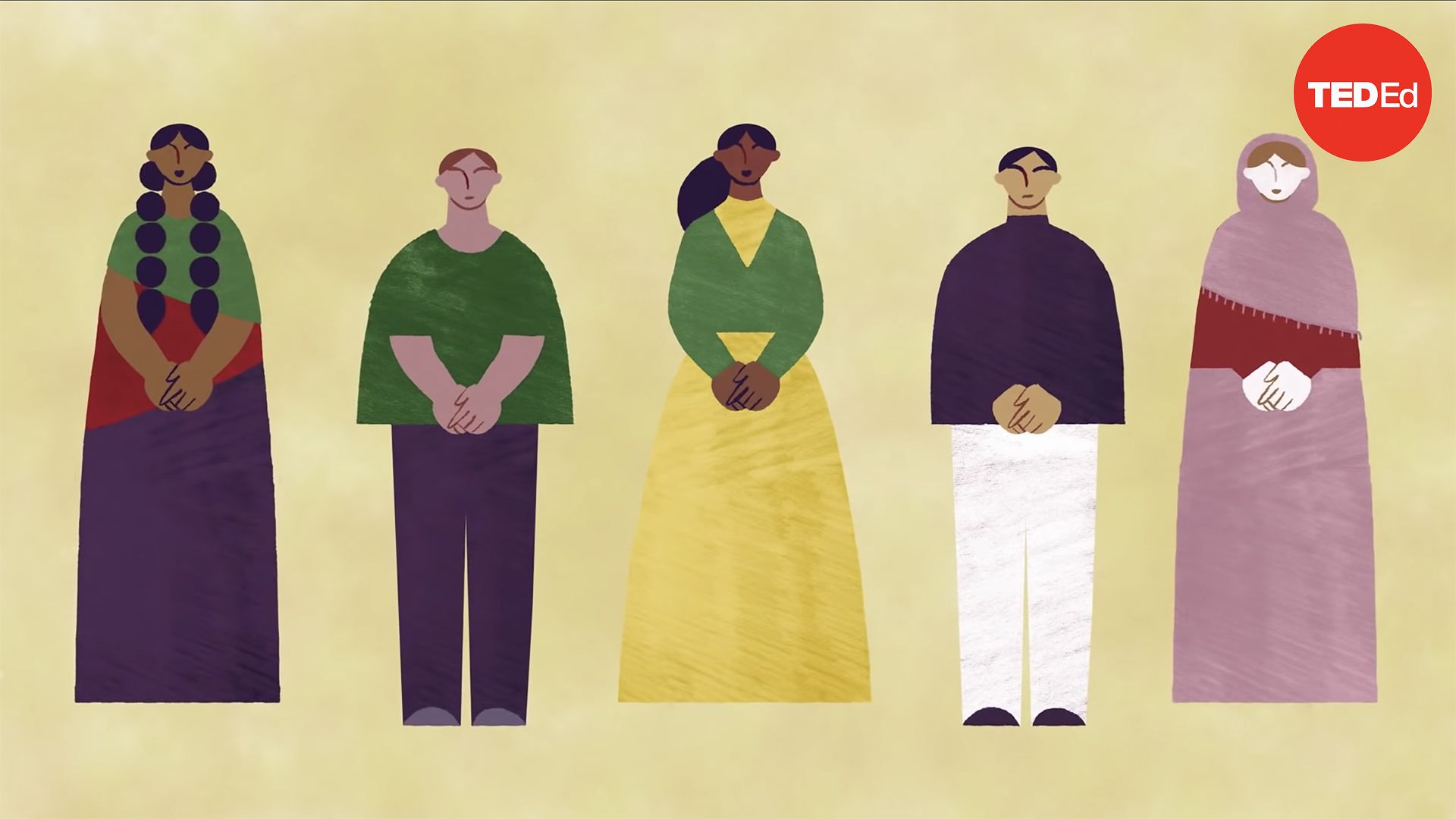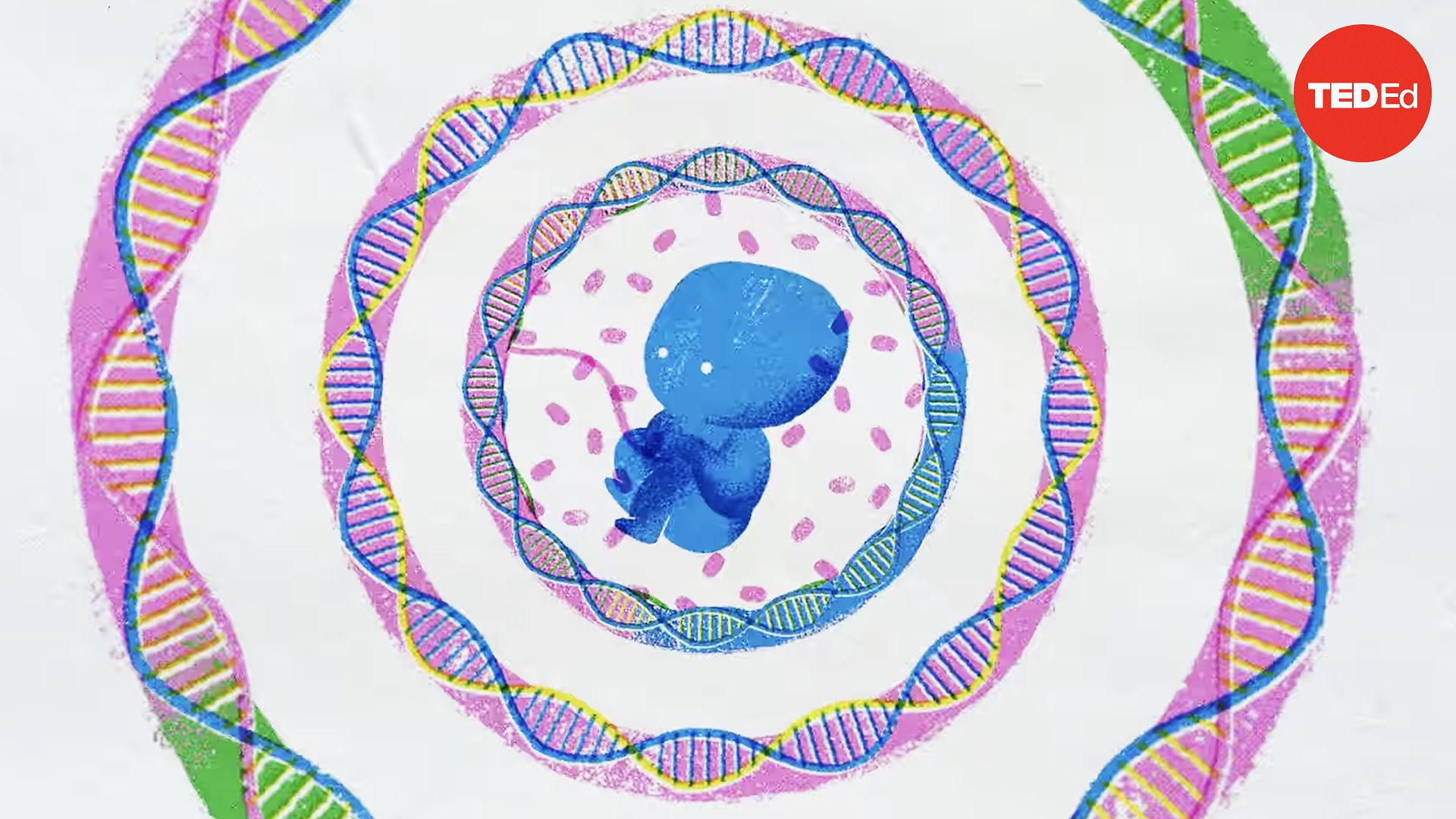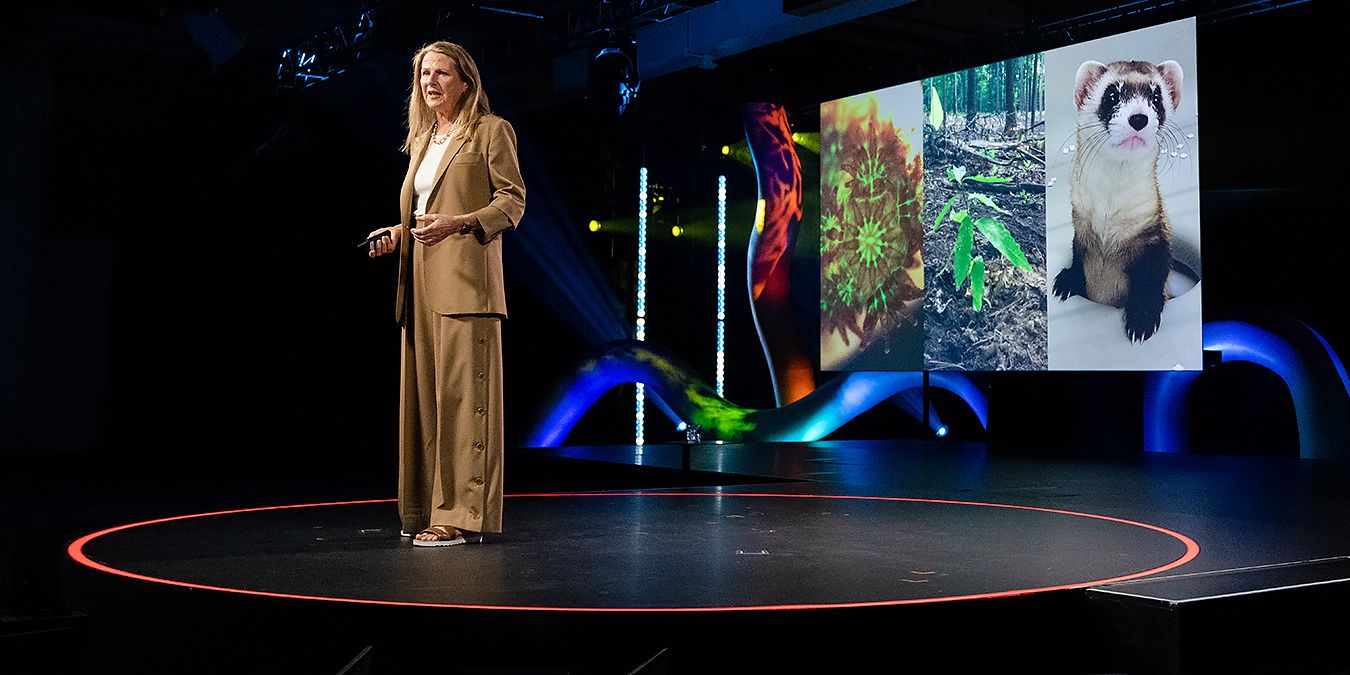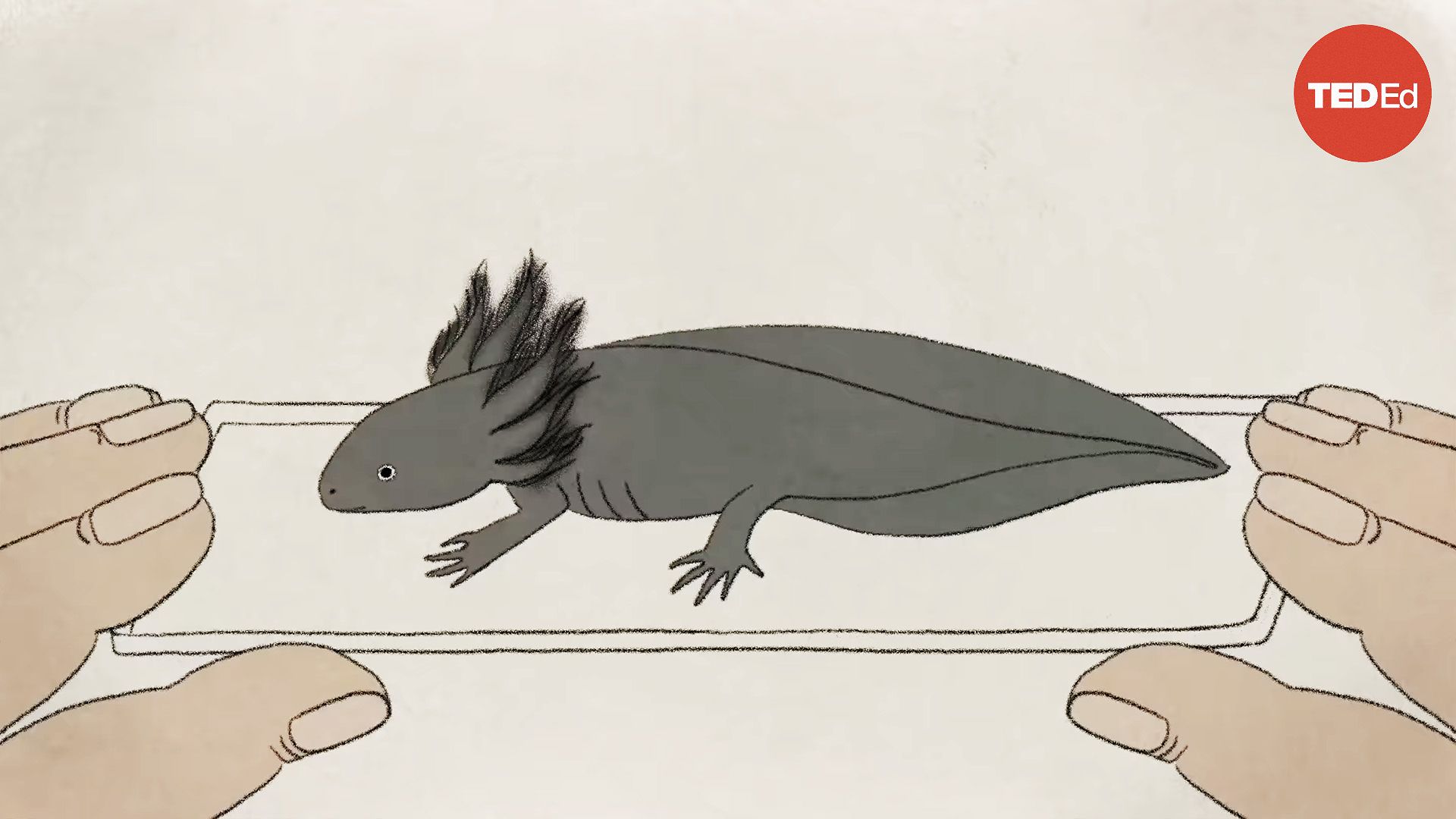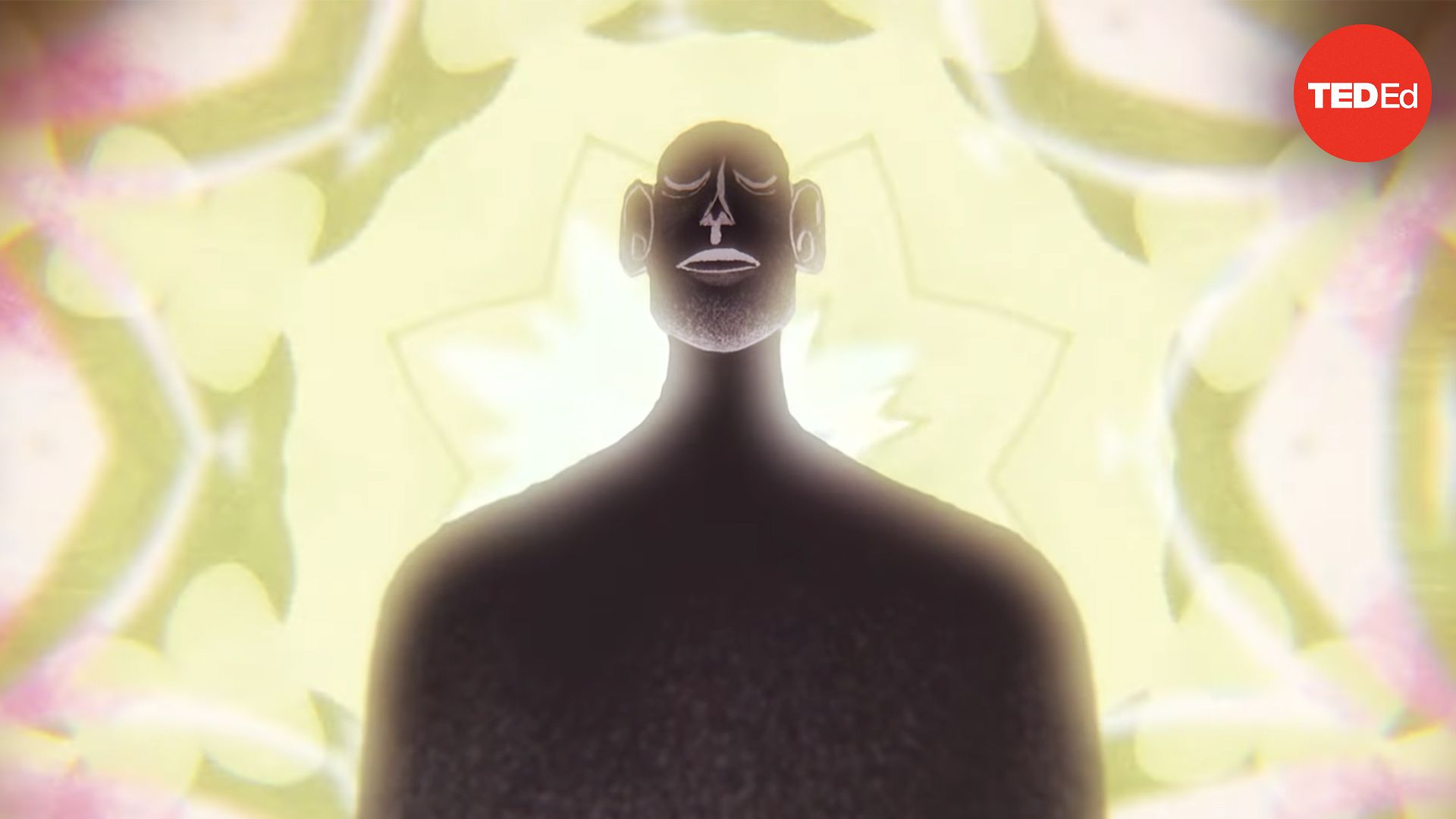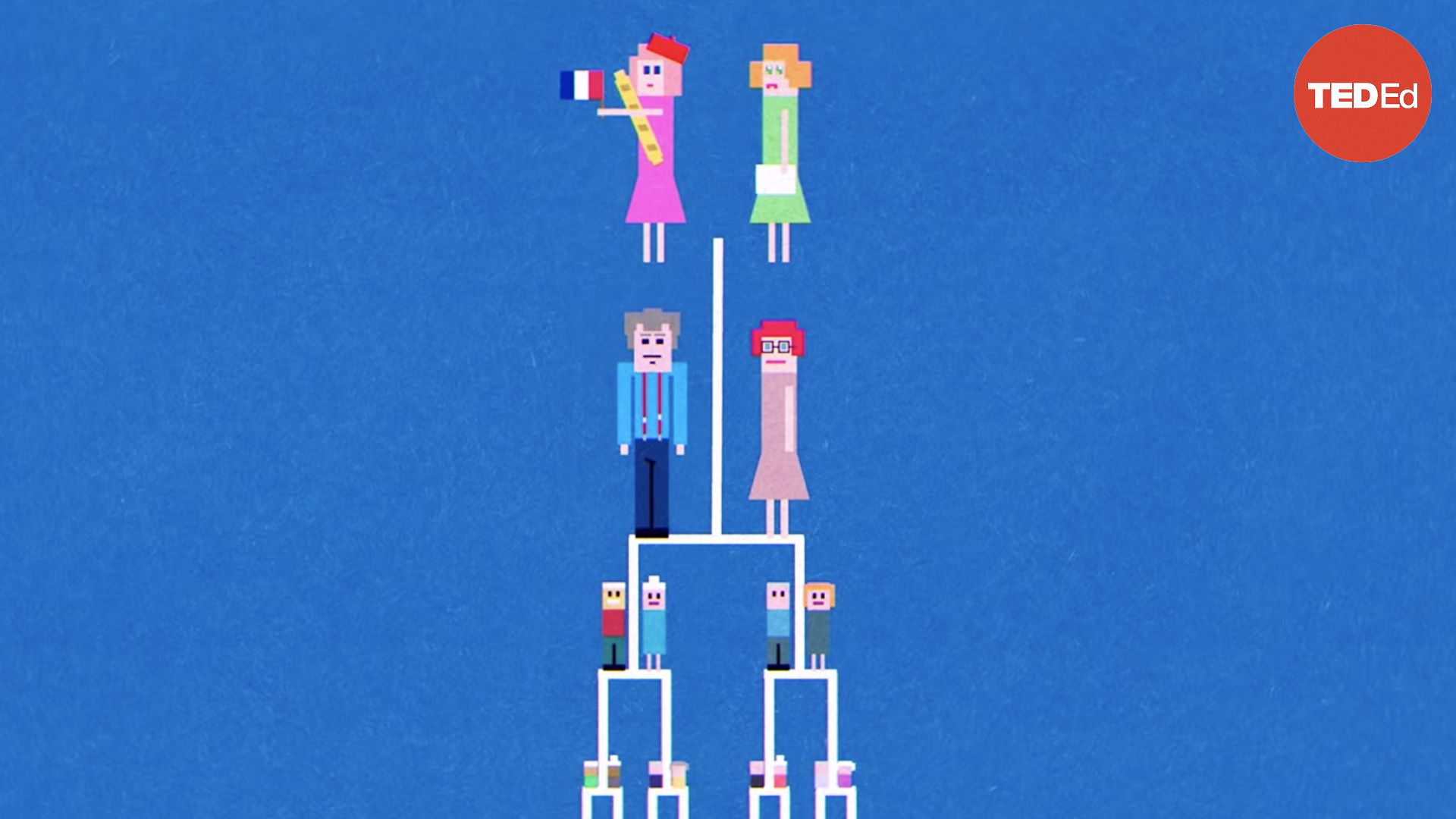Genetics
A collection of TED Talks (and more) on the topic of Genetics.
Video playlists about Genetics
Talks about Genetics
See all talks on Genetics
Exclusive articles about Genetics
The treasure trove of unique genomes hiding in plain sight
Indigenous biomedical researcher Keolu Fox makes the case for studying Indigenous people’s DNA, something that could yield benefits for all of humanity.
Posted Feb 2017
What can you do with a home DNA machine? One unexpected answer: grow better truffles
Personal DNA testing machines are bringing lab-grade genetic science within reach of more people. A look at how a farmer is using DNA testing to cultivate the most elusive -- and prized -- of foods.
Posted Dec 2016
How patients with rare diseases can scour the world for a cure
Jimmy Lin shares how patients suffering from a rare genetic disorder can find the equally rare researcher who can help.
Posted Nov 2015
